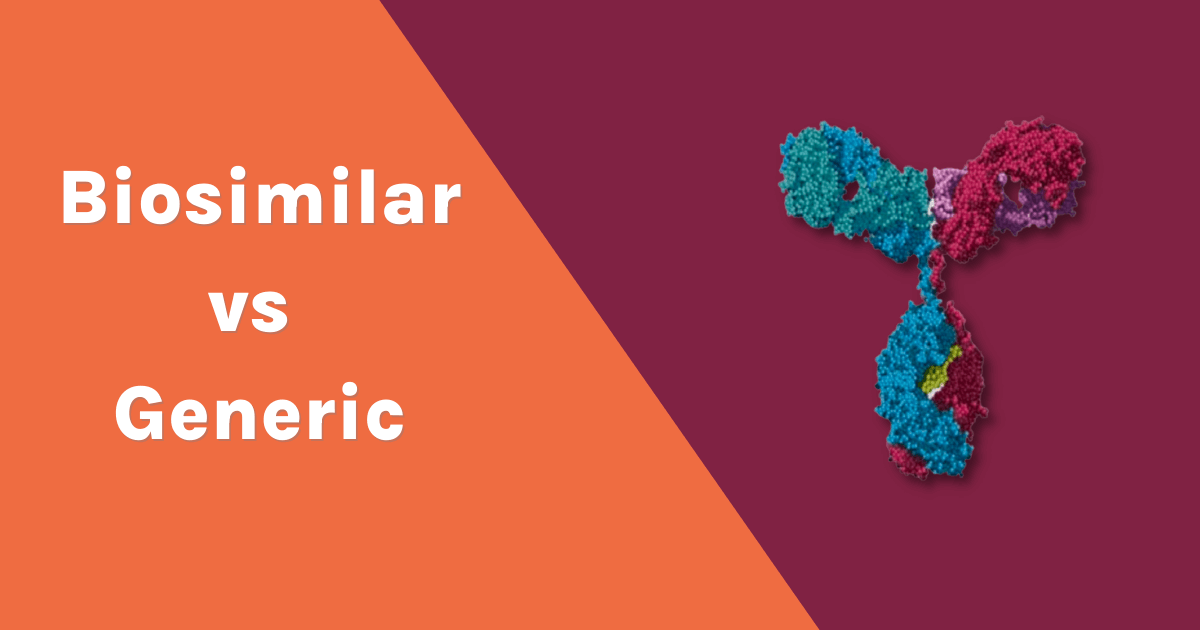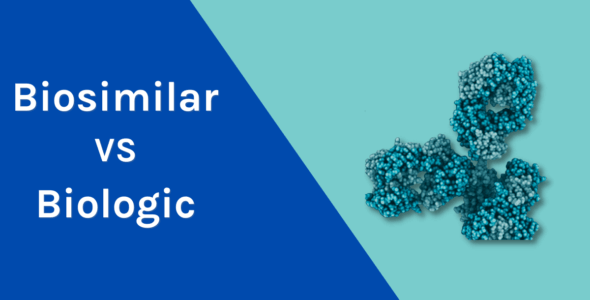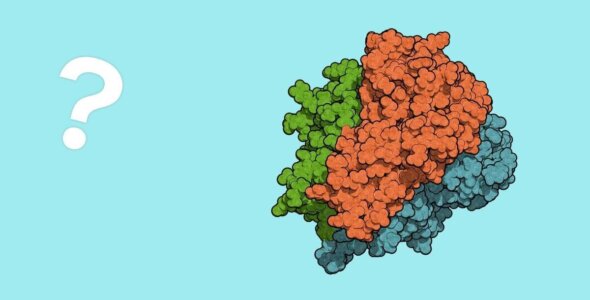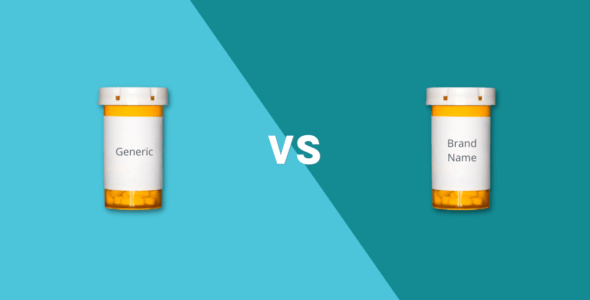Biosimilar vs generic: which is better?
Table of contents
Biosimilar drugs are often confused with generic drugs. Biosimilars and generic drugs are versions of brand-name drugs and may offer cost-saving treatment options to patients. Brand manufacturers begin with exclusivity protection for many years to allow them to profit from their research and development of the drug. During this time no biosimilars or generics can compete with the brand. After patent expiry, biosimilars and generics can enter and gain market share.
Biosimilars and generics are both approved by the U.S. Food and Drug Administration (FDA) but biosimilars require a specific regulatory approach distinct from that of generics. The Biologics Price Competition and Innovation Act of 2009 shortened the FDA approval process for biosimilar drugs to avoid duplicating costly clinical trials.
Biosimilars are not generic medicines, and there are important differences between biosimilars and generic drugs. Read on to find out more.
What is a biosimilar drug?
It is a biological product that is very similar to another biological product known as the reference biologic (the original biologic drug).
e.g. the brand product Humira used to treat rheumatoid arthritis is the reference biologic and Amjevita is its biosimilar product manufactured by Amgen.
Biosimilar medicines have certain features:
- Large complex molecules make them challenging and costly to produce
- Biological medicines originate from living cells, such as humans, animals, or microorganisms, so they have sophisticated and costly manufacturing processes
- Highly similar to the reference product but can not be identical as these drugs originate from living cells
- Minor differences to the reference product within strict limits
- A biosimilar has no clinically meaningful differences in safety, purity, and effectiveness from an existing FDA-approved reference product
- Biosimilars are more complicated to develop and the FDA regulatory pathway for approval is more complex
Biological products can include a wide range of products including vaccines, blood components, gene therapy, tissues, and proteins, like monoclonal antibodies and cell signaling proteins.
What is a generic drug?
A generic drug is a medicine that contains the same active ingredient as the branded medicine and is a chemical copy of the branded drug.
e.g. the brand name drug Glucophage is used to treat diabetes but its generic drug product is metformin.
Generic drugs have certain features:
- Small molecule structures
- Its manufacturing process is easy and predictable
- Created in a laboratory with chemically identical ingredients to their reference products
- Provides the same clinical benefit as the brand name medicine
- Minor differences to the reference product within strict limits
- They go through FDA approval to show their safety and effectiveness.
Another important difference that clearly sets biosimilars and generics apart is interchangeability. The approval of a drug as a biosimilar does not automatically mean it is interchangeable with its reference product. A pharmacist can not substitute a biosimilar product with another product, unlike generics that can be automatically substituted with other generic versions. According to the FDA, a biosimilar product cannot be substituted at the pharmacy level without the intervention of the prescribing healthcare provider. For biosimilars to be approved as interchangeable, they must meet further criteria during the approval process, unlike generics.
Key differences between generic drugs and biosimilar drugs
| Feature | Biosimilars | Generics |
|---|---|---|
| FDA definition | A biosimilar is highly similar to its reference biological product and has no clinically relevant differences to the reference product in terms of safety, purity, and potency | A generic drug is identical to a branded drug in dosage form, safety, strength, route of administration, quality, performance characteristics, and intended use |
| Size & structure | Large and complex | Small and simple |
| Manufacturing | Biological process using living cells | Chemical synthesis using chemical ingredients in an ordered sequence |
| Administration route | Injection | Oral |
| Stability | Unstable as sensitive to handling and storage conditions | Stable |
| Immunogenicity | Yes | No |
| FDA approval process | Preclinical (animal) and clinical (human) data to establish safety and effectiveness are generally required | Preclinical (animal) and clinical (human) data to establish safety and effectiveness are generally not required |
| Reference medication | Reference drug ( the original) is an FDA approved biologic | Reference drug (brand name medication) is an FDA approved drug |
| Naming | Each biosimilar has its own brand name consisting of the same non-brand name of the reference biologic plus a suffix of four lower case letters e.g. infliximab-axxq its reference product is Remicade (infliximab) | The generic drug has the same chemical/active ingredient as the branded drug |
Medically reviewed
A medical professional has reviewed this article.


Jamie Winn, PharmD
Jamie Winn, PharmD
Dr. Jamie Winn received his Doctor of Pharmacy in 2002 from the University of South Carolina College of Pharmacy, Columbia, SC. Jamie is a medical reviewer for NiceRx.




